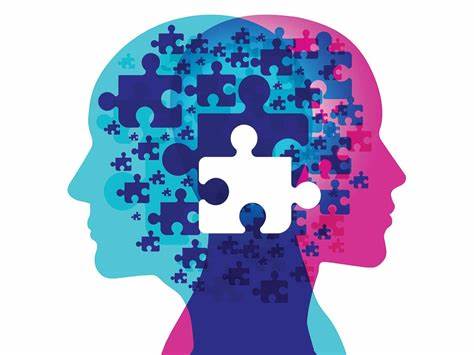Identifying and managing environmental triggers is a crucial aspect of effectively managing bipolar disorder. While genetic factors contribute to the development of the disorder, various environmental factors can act as triggers, influencing the onset and recurrence of mood episodes. Here’s an exploration of common bipolar disorder triggers and strategies for managing them:
- Sleep Disruptions:
- Trigger: Irregular sleep patterns, lack of sleep, or changes in sleep routines can trigger manic or depressive episodes.
- Management: Establishing a consistent sleep schedule, practicing good sleep hygiene, and avoiding sleep deprivation are essential. It may involve creating a relaxing bedtime routine and minimizing stimulants, such as caffeine, close to bedtime.
- Stressful Life Events:
- Trigger: Major life changes, traumatic events, or chronic stress can contribute to mood instability.
- Management: Developing effective stress-management techniques, such as mindfulness, relaxation exercises, and regular physical activity, can help mitigate the impact of stressors. Psychotherapy focused on coping skills can also be beneficial.
- Substance Abuse:
- Trigger: Substance use, including alcohol and recreational drugs, can worsen mood symptoms and interfere with the effectiveness of medications.
- Management: Maintaining sobriety is crucial for individuals with bipolar disorder. Substance abuse treatment and support groups can be valuable components of a comprehensive treatment plan.
- Disruption in Routine:
- Trigger: Sudden changes in daily routines, including work schedules or travel, can destabilize mood.
- Management: Establishing and maintaining a predictable routine can provide stability. Planning ahead for changes and gradually adjusting to new situations can help reduce the impact of disruptions.
- Medication Non-Adherence:
- Trigger: Forgetting or intentionally stopping medication can lead to relapses and exacerbate symptoms.
- Management: Developing a medication routine with reminders, involving family members or friends in medication management, and regular follow-up with healthcare providers are essential for ensuring consistent medication adherence.
- Seasonal Changes:
- Trigger: Some individuals with bipolar disorder may experience seasonal patterns, with mood episodes more likely to occur during specific times of the year.
- Management: Awareness of seasonal patterns allows individuals to anticipate potential mood changes and proactively adjust treatment plans. Light therapy may be considered for individuals with seasonal affective disorder (SAD).
- Social Isolation:
- Trigger: Withdrawal from social activities and isolation can contribute to depressive episodes.
- Management: Maintaining social connections, even during low periods, can be protective. Engaging in support groups, social activities, and maintaining open communication with friends and family are important.
- Financial Strain:
- Trigger: Financial difficulties or job-related stressors can impact mood stability.
- Management: Seeking financial advice, developing a budget, and exploring resources for assistance can help alleviate financial stress. Open communication with employers about the condition may also lead to workplace accommodations.
- Relationship Issues:
- Trigger: Conflict or instability in relationships, including romantic, familial, or professional, can contribute to mood episodes.
- Management: Engaging in couples or family therapy can improve communication and relationship dynamics. Developing interpersonal skills and setting boundaries can also contribute to healthier relationships.
- Lack of Sunlight Exposure:
- Trigger: Reduced exposure to natural sunlight, particularly during the winter months, can impact mood regulation.
- Management: Spending time outdoors during daylight hours, using light therapy boxes, and ensuring adequate exposure to natural light can help regulate circadian rhythms.
Identifying individual triggers is a collaborative process between the individual with bipolar disorder, their healthcare team, and support network. Ongoing self-monitoring, maintaining a mood diary, and open communication about potential triggers are valuable tools in managing bipolar disorder effectively. Additionally, a holistic approach that combines psychoeducation, psychotherapy, medication management, and lifestyle adjustments is often the most effective strategy for promoting mood stability and overall well-being.

